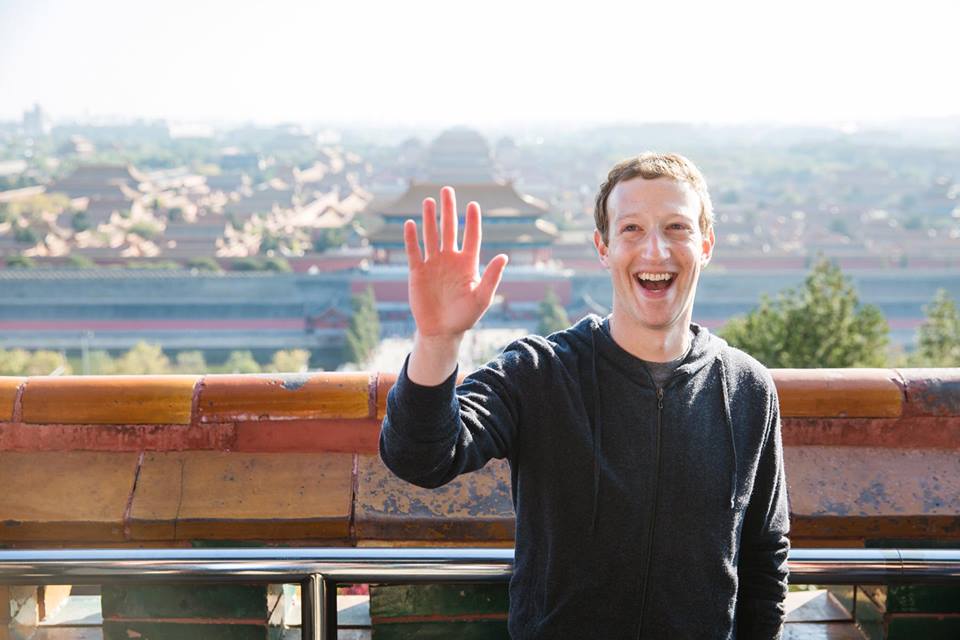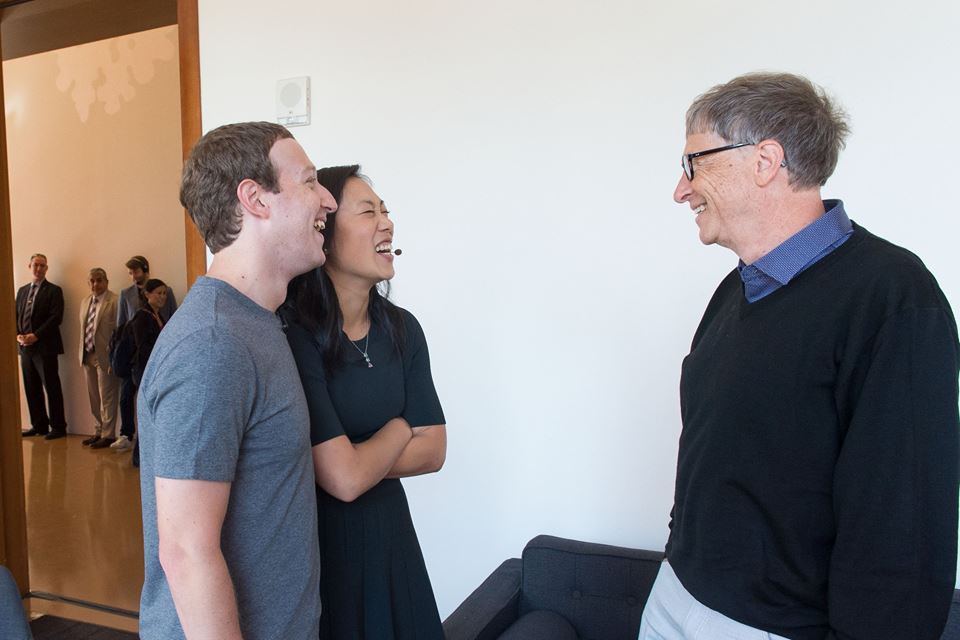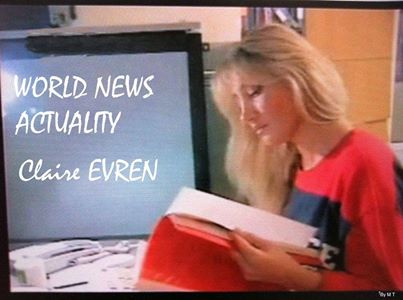World News Actuality Presented By Claire Evren-
Bloomberg Philanthropies, The Chan Zuckerberg Initiative, and the Bill & Melinda Gates Foundation launched Resolve, a five-year initiative focused on preventing cardiovascular disease and epidemics.
- World News Actuality Presented By Claire Evren-Mark Zuckerberg
Mark Zuckerberg Facebook’s CEO has spent the last couple of years casting himself in various guises. First, global philanthropist: he and his wife last year pledged to invest $3bn over 10 years in order to eradicate global disease. Most lately, it has started a 50-state meet-and-greet tour across the United States.
- World News Actuality By Claire Evren-Mark Zuckerberg & Priscilla Zuckerberg
The Chan Zuckerberg Initiative is making a $75 million investment to help launch Resolve to Save Lives, a new global health initiative to save 100 million lives by preventing epidemics and cardiovascular disease.
Mark Zuckerberg: “Priscilla and I are proud to announce that the Chan Zuckerberg Initiative is making a $75 million investment to help launch Resolve to Save Lives, a new global health initiative to save 100 million lives by preventing epidemics and cardiovascular disease.
If we’re going to cure, prevent and manage all diseases in our children’s lifetime, we need to be ready for the next infectious disease outbreaks like we’ve seen with Ebola and Zika in recent years. Many countries don’t have the infrastructure to detect threats early and prevent them from spreading — and that puts millions of lives at risk all around the world. Resolve will work with governments to build these systems to identify and contain outbreaks sooner.
At the same time, more people today die from non-communicable diseases like heart disease than infectious diseases that pass from person to person. Preventing a lot of cardiovascular disease can be as straightforward as reducing sodium and trans fats in people’s diets, and simple public health interventions around the world can go a long way.
The leader of this effort is Dr. Tom Frieden, the former director of the Centers for Disease Control (CDC) who helped end the Ebola epidemic. Priscilla and I helped fund his surge effort against Ebola and were so impressed with his leadership that we knew we wanted to support his next initiative after he left the CDC. We’re working with the Bill & Melinda Gates Foundation and Bloomberg Philanthropies to support Resolve’s goal to save 100 million lives, and I look forward to following their progress over the coming years.”
“His leadership in response to several global health crises, including the Ebola epidemic, was critical to preventing the further spread of those diseases,” Dr. Priscilla Chan, pediatrician and co-founder of the Chan Zuckerberg Initiative together with her husband, Facebook founder and CEO Mark Zuckerberg, said. “Under Tom Frieden’s direction, the Resolve initiative will help give countries the tools they need to quickly identify and respond to new health threats. To ensure that millions of people around the world have access to equal opportunity, we need to tackle the threat of epidemics — that’s what Resolve aims to do, and it’s why we’re supporting this effort.”
“While our foundation typically focuses on infectious diseases because they disproportionately affect the world’s poorest, we are increasingly concerned about the growing rate of cardiovascular disease in low- and middle-income countries,” Bill Gates said. “That’s why we are joining forces with the Chan Zuckerberg Initiative and Bloomberg Philanthropies to support the work of Dr. Frieden and his team to tackle these twin threats to public health.”
- World News Actuality Presented By Claire Evren-Mark & Priscilla Zuckerberg, Bill Gates
“There are proven strategies every country can use to prevent deaths from heart disease, stroke, and epidemics — but progress has been painfully slow,” said Dr. Tom Frieden, president and CEO of Resolve, who was formerly the director of the U.S Centers for Disease Control and Prevention. “Heart attacks and strokes are the world’s leading killers — including of working-age adults. Lessons learned during the Ebola epidemic can reduce the risk of future epidemics. Each intervention is at a tipping point, and these investments will tip the scales in favor of saving lives and protecting health.”
“We are somewhere between stalled and making slow progress in both of these areas, and what we’d like to do is support partners within country and globally to accelerate progress to help achieve the Sustainable Development Goals and in particular the noncommunicable disease goals and the public health safety goals,” Frieden told Devex. “We’re not trying to reinvent the wheel, but rather make the car go faster.”
- World News Actuality By Claire Evren-Mark Zuckerberg & Priscilla Zuckerberg
Mark Zuckerberg said connecting people online isn’t enough.
“Now we realize that we need to do more too,” Zuckerberg told CNN. “It’s important to give people a voice, to get a diversity of opinions out there, but on top of that, you also need to do this work of building common ground so that way we can all move forward together.”
“Technology can always be used for good and bad, and you need to be careful about how you build it, and what you build, and how it’s going to be used,” he said on a Facebook Live stream. “But people are arguing for slowing down the process of building A.I.–I just find that really questionable. I have a hard time wrapping my head around that.”
- World News Actuality Presented By Claire Evren
- World News Actuality Presented By Claire Evren-Mark Zuckerberg & Priscilla, Max and August Zuckerberg







